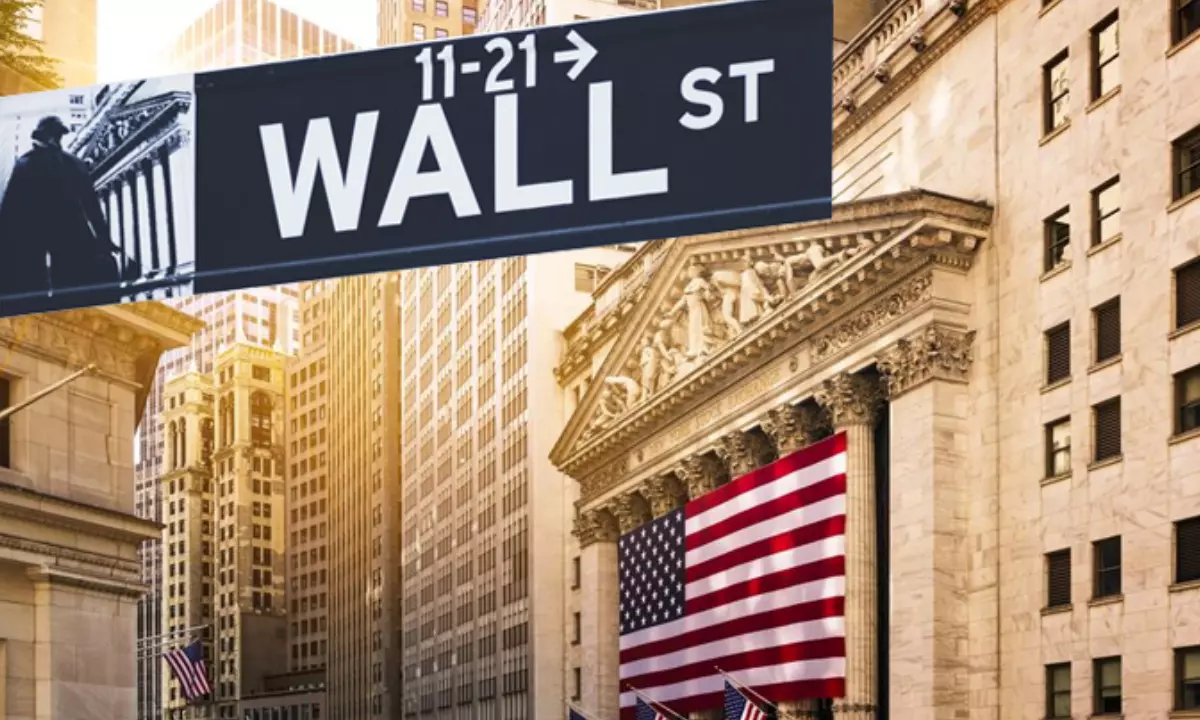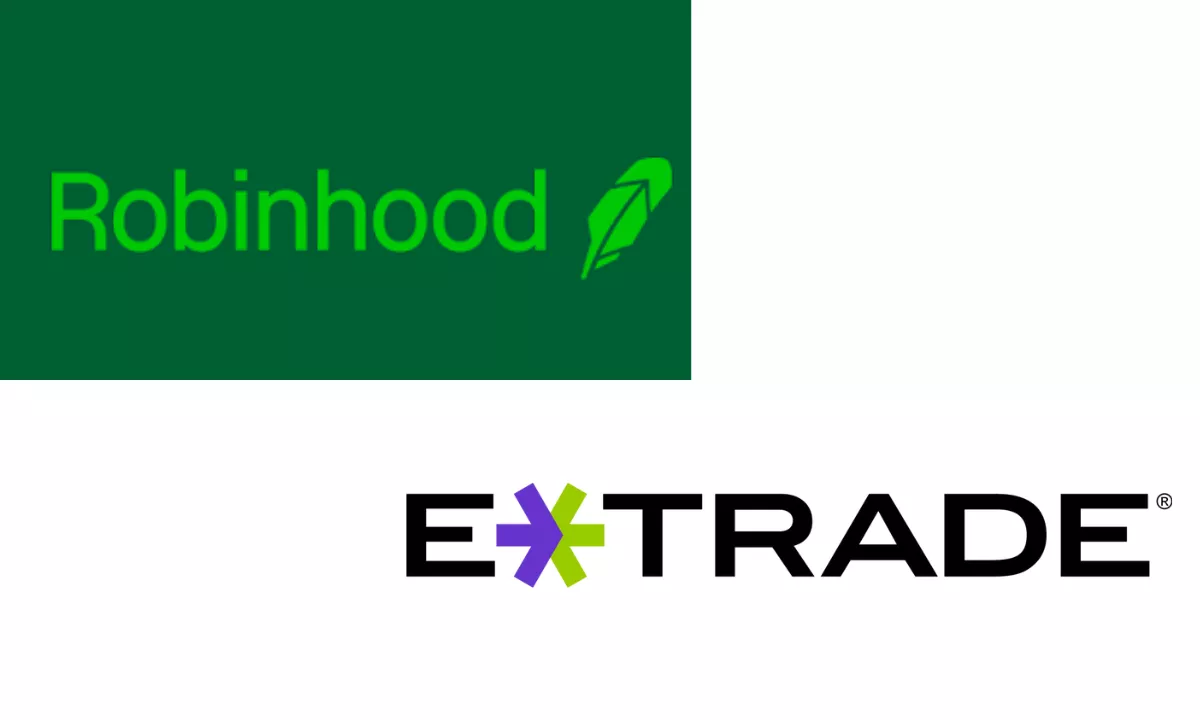
Bonds are recovering in nearly every corner of the $63 trillion global debt market as investors see value in fixed-income assets again.
Global investment-grade bonds fell nearly 1% in May, their first monthly gain since July, while U.S. Treasuries were heading for their best month since November, Bloomberg indexes showed. The benchmark for global corporate debt is set for its biggest gain since July, while emerging-market government bonds from Mexico to Malaysia are also in the green.
Investors pointed to some reasons for the recovery. These include signs that the global economy is on the brink of recession, speculation that central bank rate hikes are now largely priced in, and the simple fact that yields have risen enough to make them attractive.
“I expect global bonds to deliver positive returns for the rest of the year,” said Akira Takei, global fixed income manager at Asset Management One Co. in Tokyo, who has bought U.S. Treasuries. “Yields have come off their highs as more investors see value in bonds. The worst is over for the bond market.”
Asset managers including pension funds and insurance companies last week increased their bullish bets on government bonds to their highest level since April 2020. Meanwhile, JPMorgan Asset Management, Morgan Stanley and Pacific Investment Management all reported that the worst of the global debt sell-off appeared to be over.
The rebound in bonds has pushed the U.S. 10-year yield to 2.84% from a three-year high of 3.20% set in early May. German bund yields of similar maturity have fallen to 1.06% from a peak of 1.19% three weeks ago.
“It’s a good time to increase fixed-income allocations,” said Tai Hui, chief Asia market strategist in Hong Kong at JPMorgan Asset Management, who manages $2.5 trillion in assets. “With the downgrades in fixed income — if you look at credit spreads, if you look at risk-free rates — the world of fixed income is starting to look attractive again.”
However, fresh inflation concerns could derail the early recovery. Germany’s record inflation rate sparked a sell-off in German government bonds on Monday. U.S. benchmark yields rose 10 basis points in Asian trading on Tuesday after Federal Reserve Governor Christopher Waller said he plans to continue raising borrowing costs in 0.5 percentage point increments until price pressures fall back to target levels.
The broader bond market also has laggards.
Investors remain skeptical of Chinese debt as coronavirus-related lockdowns and uncertainty in the country’s battered property market discourage buyers. Despite the broad rise in yields, credit spreads are still widening in some sectors, including Asian investment-grade credit, and doubts are that the recovery in fixed income can be sustained.
“Credit investors should brace for possible bumps in the foreseeable future,” said Paul Lukaszewski, head of Asia-Pacific corporate bonds at abrdn in Singapore. “We continue to view China as our largest source of credit risk in Asia.”
Just last week, state-backed Greenland Holding Co. unexpectedly proposed a delay in bond redemptions, raising fears of greater contagion from higher-rated Chinese developers. Meanwhile, the Sri Lankan government bond market has defaulted and concerns about Pakistan have grown.
High-grade credit on track for first-month profitability in 2022
Others are more optimistic, even about China. Neeraj Seth, head of Asia credit at BlackRock in Singapore, said Asian corporate bonds could soon attract investors who believe an economic slowdown is still far off.
“If you’re not worried about a recession right now, you’re getting close to an attractive entry point into the market in terms of credit or fixed income,” he said in an interview with Bloomberg Television. He said in Asia: “We are bullish on investment-grade credit and selectively bullish on high-yield credit.”
Узнать больше:
-
-
-
-
Обзор карты Delta Skymiles® Reserve American Express – см. больше.
-
-
Награды по карте Discover it® Rewards узнайте, как это работает


